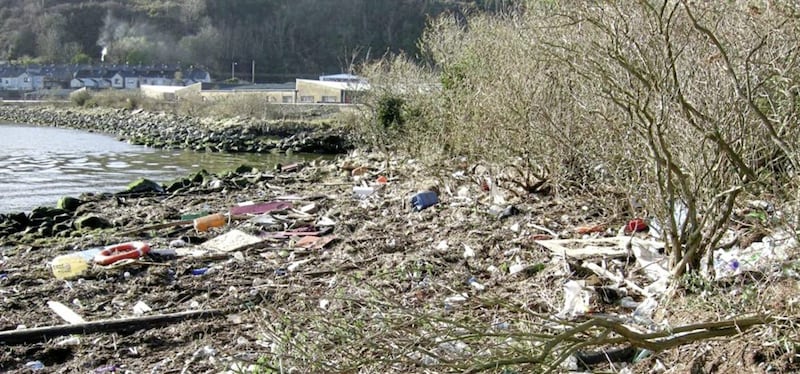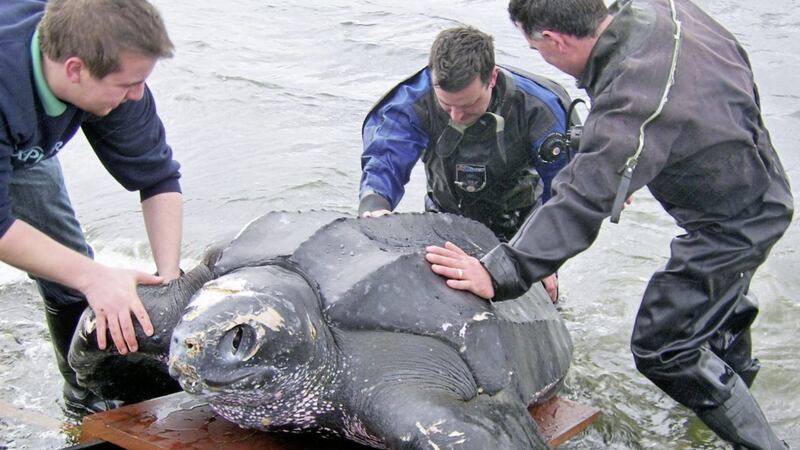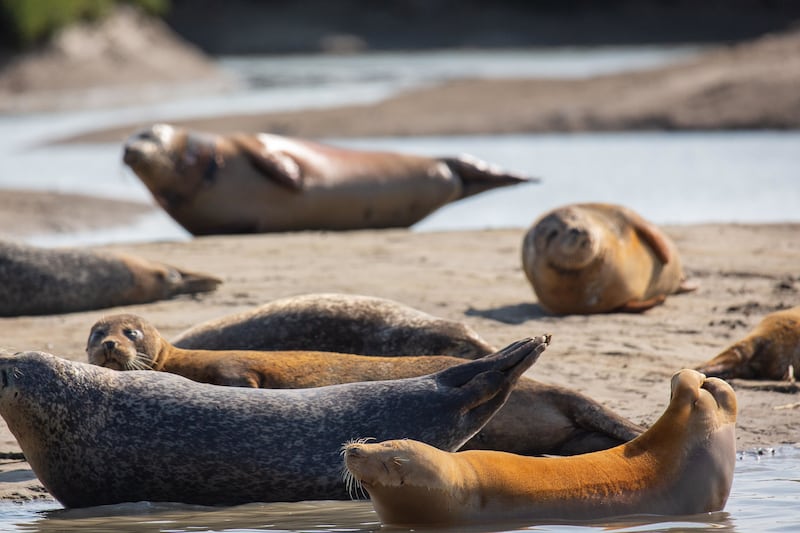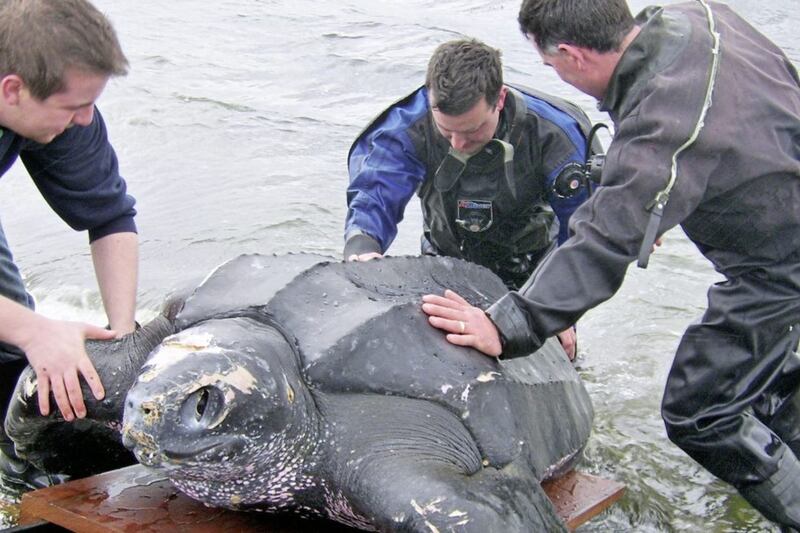MORE than 80 per cent of the litter found on Northern Ireland's beaches last year was plastic, a new report has revealed.
The Marine Litter Report from Keep Northern Ireland Beautiful reveals that 437 items of litter were found per 100m of beach last year - 82 per cent of which was plastic while the other 18 per cent was made up of other materials.
Surveyors counted an average of 100 pieces of general plastic and polystyrene for every 100m of beach and 47 pieces of string, cord and rope.
Together with 39 caps and lids, these litter items made up 49 per cent of the litter found.
The report also looked at the specific harm that plastic poses to protected marine animals.
From leatherback turtles to the iconic Atlantic puffin, the report found that no creature is immune and it is estimated that up to 99 per cent of sea birds will have ingested plastic by 2050, if no fundamental changes to plastic and waste consumption takes place.
The report also highlights the work being done by volunteers.
It showed that over the course of 1,345 hours, 461 volunteers lifted 850 bags of rubbish across the ten beaches surveyed.
Dr Ian Humphries, from Keep Northern Ireland Beautiful, said: "The damaging effects of littering, particularly of single use plastics that end up polluting our oceans, is clearly highlighted in this year's report, which shows four items of litter for every step that we take along our coast.
"Thankfully, most people don't litter, and growing awareness and calls for action spell the beginning of the end for this highly anti-social behaviour".






